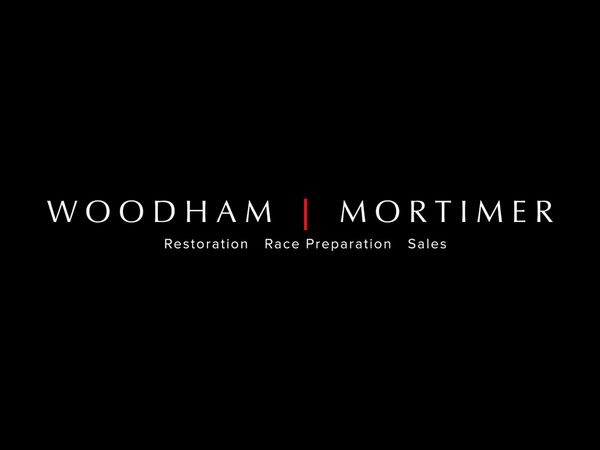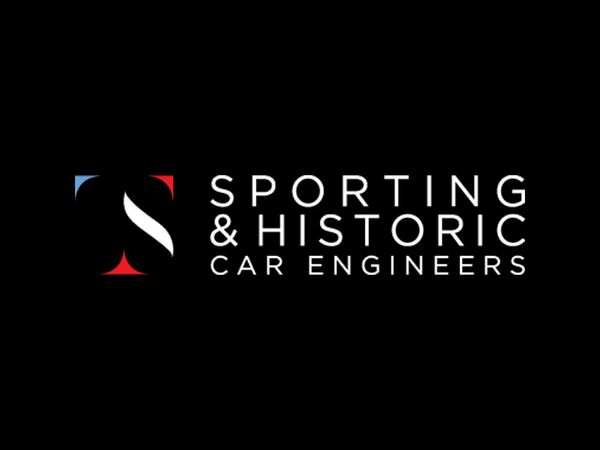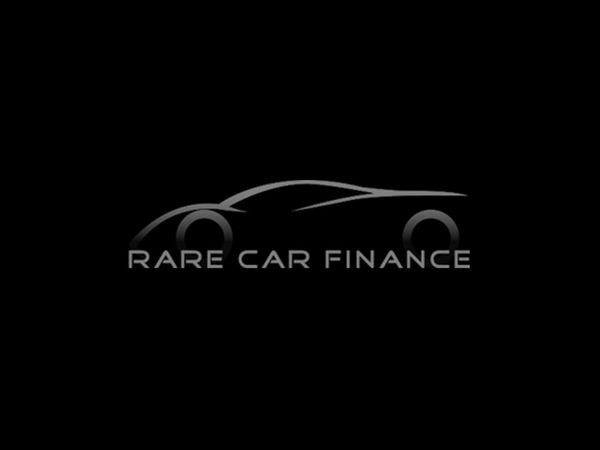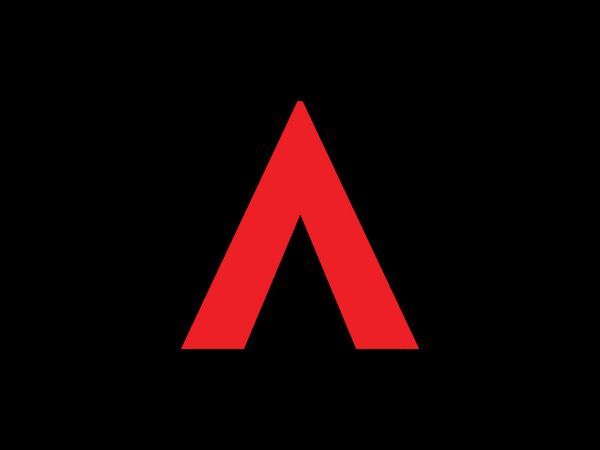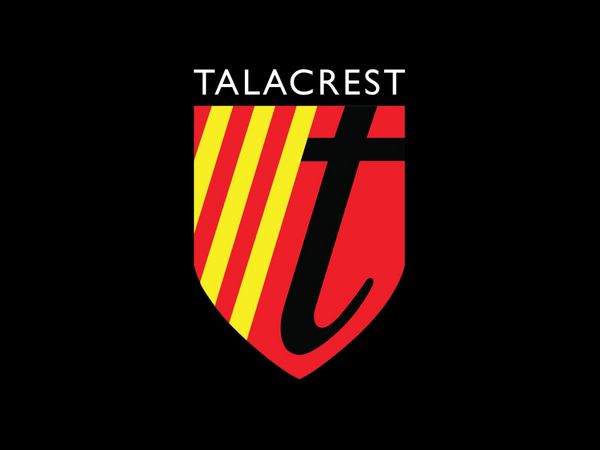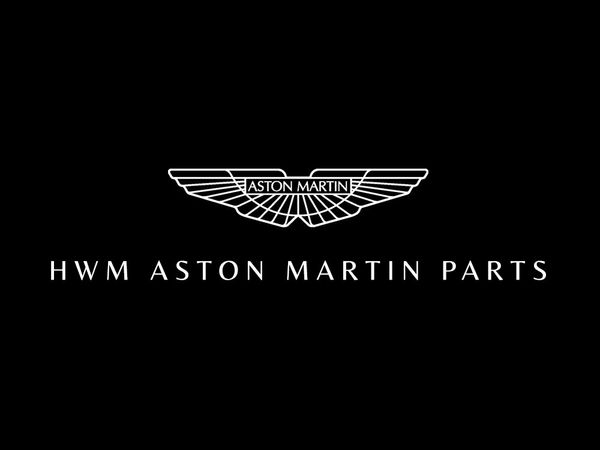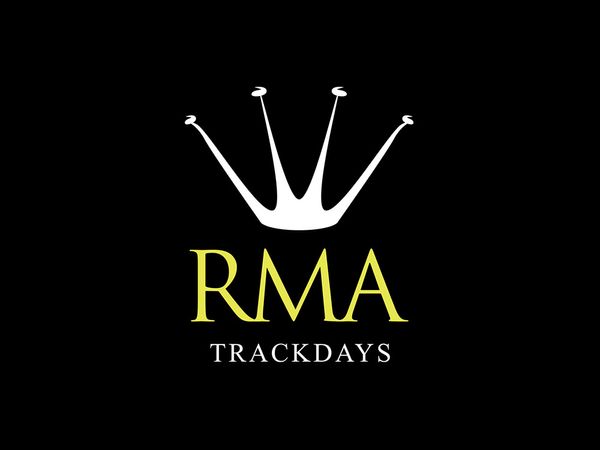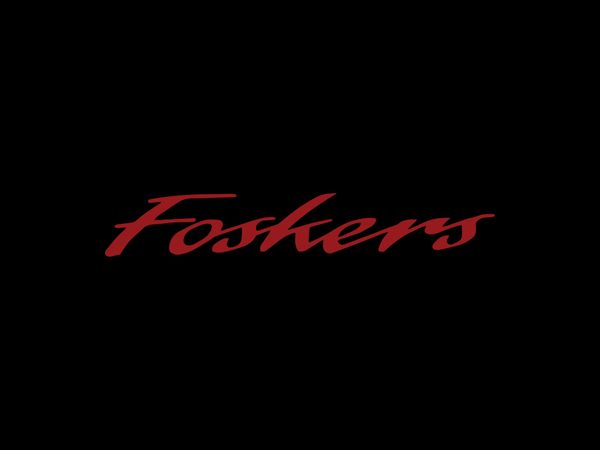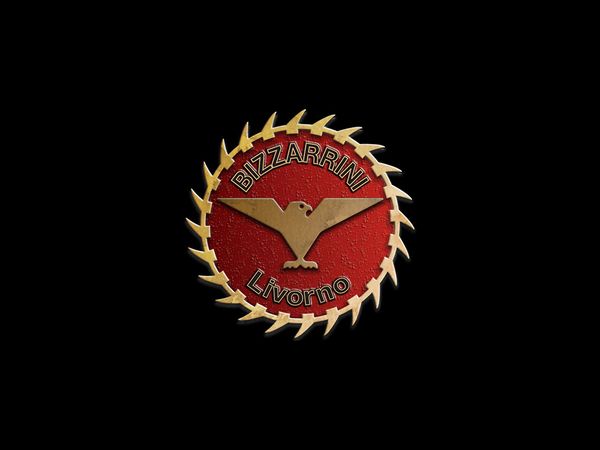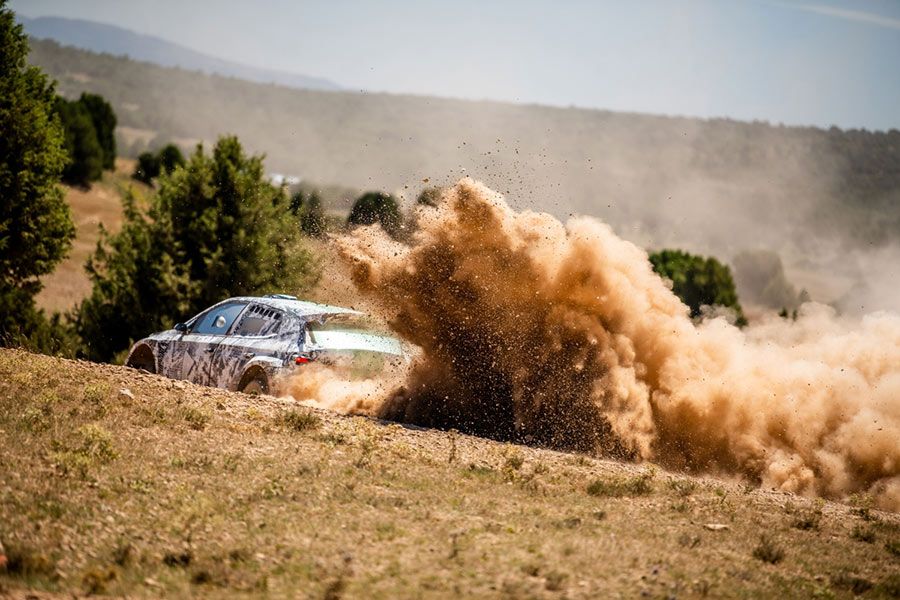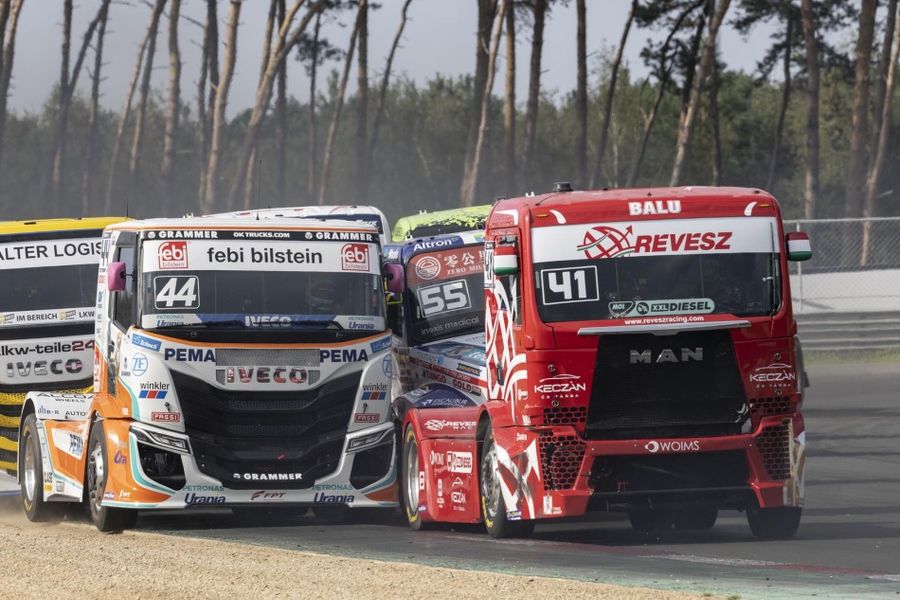The ING Renault F1 Team prepares for the fourth round of the 2008 Formula 1 World Championship: the Spanish Grand Prix.
Fernando Alonso: "Racing in Spain is a special feeling"
Fernando, Bahrain was a difficult race for you and the team. Was it the result you had expected? The race was difficult, but we were prepared for that. Our qualifying performance had been a pleasant surprise, but we knew that our race pace would not allow us to achieve much better than tenth place, and so we did not manage to score any points for the first time this year. We are missing some speed and that is what we hope to improve with the latest updates that we have coming. I know that the team is doing its best to progress quickly, and I will continue to give my maximum this weekend.
You are preparing to race in your home Grand Prix. Is that a special feeling? This is certainly a special feeling. I benefit here from amazing support and it is very motivating. Some people see this as added pressure for me, but it's not. Instead it gives me the determination to do even better. I hope to be in a position to give the Spanish people a beautiful show. And with two races in Spain this year, I am very lucky.
The return to Europe always coincides with upgrades to the cars and new developments, and the team has worked hard to provide a stronger package. Have you felt the progress? After the first three races, it was clear that we were not at the level of the leading teams. We were missing some speed and the car was sometimes unstable in the quick corners and under braking. The team has made big efforts with improvements to the aerodynamics and with the level of mechanical grip. We had the chance to work through these on the track at Barcelona last week, and the first results proved encouraging. But it remains to be seen how much our competitors will have improved by as well.
What can you hope for from the Spanish Grand Prix? I think that once again it will be a very competitive race. All the teams and drivers know the track very well, so it is difficult for the driver to make a difference at this level. I hope that our hard work will pay us back and that our car will allow us to catch up with the other teams, although it will certainly not be easy. Qualifying once again will be essential, and we will have to be well placed to try and score the maximum points.
Nelson Piquet: "I have taken a lot from the first three races."
Nelson, you are three races into your F1 career. How do you look back on the start of the year? The beginning was obviously very tough, especially at the first race in Australia, because everything was new and there was so much to learn. But race-by-race things are getting easier. I have taken a lot from the first three races and gained so much experience in terms of how to approach a Grand Prix, and how to work with the team to optimise our performance. I think I just need a bit more luck in the coming races and then we will hopefully be able to start challenging for some points. I have a good relationship with Fernando and we work well together, and I'm keen to make the most of his experience.
Where do you feel you need to improve? Every race I learn something new – just little things about how to set up the car and how to get the most from the tyres. And a Formula 1 weekend goes by very quickly so you need to maximise each session in order to be ready for qualifying. In Australia we did not do this, but I felt that in Malaysia and Bahrain things were better. This is something I will continue working on throughout the season.
Can you tell us about the circuit here in Barcelona? Is it a track you enjoy? Barcelona is not one of my favourite circuits, but it is certainly one that I know very well as we spend so much time testing there throughout the year, and so there are unlikely to be any surprises during the Grand Prix. It's not a particularly difficult or challenging circuit, but you need to have good aerodynamic performance because there are a lot of medium-speed corners. This makes it difficult to follow other cars closely and overtaking is not easy. It will therefore be important to do my best in qualifying so that I don't get stuck in traffic and we can make the most of our strategy.
The team has an updated package for the Spanish Grand Prix. What difference will it make and what is your goal for this weekend? I think that with the improvements that we have in Barcelona we should be able to take a step forward. We had some positive days here last week and there are lots of avenues that we are still exploring. But we have to remember that the upgrades to the car need to be understood, developed, and maximised - all this takes time and so we cannot expect instant results. But, if I was being optimistic, I think we can aim to get both cars into the top ten in qualifying and then aim to finish the race in the points.
Bob Bell: "We are reasonably confident that we can take a big step forward"
Bob, it has been three weeks since the Bahrain Grand Prix. What has been the agenda for the team over that period? Our main focus was to prepare for the Barcelona test last week, which was very important for us as we have quite a major aerodynamic upgrade and some new mechanical components for the R28. The purpose of the test was to verify that they were all fit for purpose and then to pick the best parts for the Spanish Grand Prix because some of those upgrades are circuit dependent.
What areas have the team focussed on in the quest to improve performance? We now have quite a clear picture of where we are underperforming. One of those areas is our aerodynamic performance because at the moment we are deficient in aero-generated grip in the high-speed corners. That's where we are making the biggest push because that area is probably contributing the most to our lack of performance. Equally, we are losing out in the low-speed corners where the performance of the car is dominated by mechanical grip, and so we have suspension upgrades that will start addressing those problems. We are also a bit down on engine performance and we can recognise a straight-line performance deficit compared with other teams. However, in the world of frozen engines there is not much we can do about that.
Will this progress be reflected by an improvement in on-track performance? We are reasonably confident that the things we are putting on the car will produce a clear and definable performance advantage. I think we will also see some more unquantifiable benefits with improvements to the driveability and feel of the car because if we give the drivers more confidence, particularly under braking, they can extract more performance from the car. So we can be reasonably confident that it will be a big step forward and that it will be multiple tenths of a second. We do have to be cautious, though, and remember that every team sees Barcelona as an opportunity to introduce a major upgrade – we just have to make sure that we take a bigger step than the other teams.
Let's talk about the drivers. How is Fernando's state of mind ahead of his home Grand Prix? Fernando remains very focussed and positive. I think he's also suffering a degree of disappointment because he doesn't have a car capable of fighting for the podium, although he recognises that the team is doing all it can to provide a better package. So I think he will approach Barcelona with mixed feelings because although he will enjoy massive support at his home race, this is certainly a race where he would like a car that is capable of fighting for the win. However, the one thing we know about Fernando is that he will fight tooth and nail until the chequered flag, whether he's fighting for first place or fifteenth place – he never gives up.
Nelson had a difficult debut, but has come on strongly. How do you view his introduction to Formula 1? It has been a difficult introduction for Nelson, in much the same way as it was for Heikki last year, and there is a lot of expectation on young drivers nowadays. Winter testing was difficult and we did have concerns as to whether Nelson would be fully ready for the season. But he was, and at the final winter test he showed his true performance which impressed us all. Melbourne was certainly a difficult debut, but in the last two races he has really shown his capabilities and I think he has done an excellent job for the team. We've been impressed and to some extent pleasantly surprised, and we expect him to get stronger and stronger throughout the season.
What can we expect from the team this weekend? During winter testing we did not look too bad in Barcelona and if this trend continues, combined with the upgrades we have to the car, then we should take a step forward. Barcelona is very much a circuit that separates the wheat from the chaff in terms of aerodynamic performance and we do recognise that we are deficient there in comparison to the front runners, but I still feel we can do a good job.
Barcelona: Tech File
The Grand Prix circuit near Barcelona is one that every F1 team knows well from the thousands of kilometres of testing carried out there over the winter. Few venues offer such a variety of medium and high-speed corners and it is widely acknowledged as the definitive aero circuit that provides a stern test of a Formula 1 car. With few big braking zones and so many high-speed corners, overtaking remains extremely difficult and a good qualifying performance and sensible strategy are paramount for a successful weekend.
Aerodynamics Aerodynamic efficiency is always a key factor at Barcelona, although the introduction of the new chicane last year has replaced on of the most critical high-speed parts of the lap and means the track is not as demanding as it once was. Even so, the circuit remains the ultimate test of a car's aero package and teams will run with high downforce levels to ensure competitiveness over the whole lap.
Suspension With the suspension we have to find the best compromise to give the drivers a well balanced and responsive car. This means we will use relatively stiff settings at the front of the car to get a good change of direction, while the rear will be slightly softer in order to get the best possible traction out of the slower corners. This will be especially important this year with the removal of traction control. Ride height is also an important parameter to consider as generally we can run the car quite low in order to gain maximum aerodynamic performance.
Engine Performance Barcelona is not generally thought of as an ‘engine circuit' as the engine is not under particular stress as any point and only 62% of the lap is spent on full throttle. There are relatively few hard acceleration zones from low revs as the engine spends most of the lap accelerating from the middle of the rev range. As such, the priority is for the power delivery to be progressive and driveable in order to maintain the best handling balance, and limit tyre wear.
Tyres Barcelona is well known for being a demanding on tyre wear because it includes so many long, high-speed corners and has a fairly abrasive track surface. The tyres are therefore under high loadings, particularly the front left which has to work hard in the quick right-hand corners such as Turns 3 and 9. As a result Bridgestone will supply hard and medium compound tyres for the weekend, and the team will need to pay close attention to the wear and degradation during free practice to determine which compound to run the majority of the race with.
Renault at the Spanish Grand Prix Renault's F1 history has seen involvement in the Spanish Grand Prix at no less than three venues: Jarama (1978/79/81), Jerez (1986/89/90) and Barcelona (1991 onwards).
While success was never forthcoming on the twists and turns of Jarama, Renault scored its first Spanish win in 1986 when the race moved to Jerez, as Ayrton Senna clinched victory in his Lotus-Renault in one of the closest finishes in F1 history, beating Nigel Mansell's Williams by just 0.014s.
However, Renault's success story in Spain really began in 1991 when the race moved to its current home in Barcelona. As a brand new facility the circuit offered a demanding technical challenge and placed great emphasis on the aerodynamics of the cars. Nigel Mansell took the first win at the wheel of his Williams-Renault in a race that witnessed one of the iconic moments in F1 history as he went wheel-to-wheel down the main straight with Ayrton Senna's McLaren to pass the Brazilian in the early stages.
Mansell's victory set the tone for Renault dominance in Spain as the Briton went on to deliver a repeat victory from pole in 1992 en route to the world title. Alain Prost took over the Williams cockpit for 1993 and extended Renault's run of Spanish victories, again from pole position as he laid the foundations for his final world championship. 1994 saw a similar story as Damon Hill continued Williams-Renault's winning trend in Barcelona. The V10 era saw two more wins for Renault power in Spain, with Michael Schumacher leading home Johnny Herbert in a Benetton-Renault one-two in 1995, and Jacques Villeneuve taking the win in 1997 in his Williams-Renault, on the way to the world title.
Since Renault's return to the sport as a manufacturer in 2002, the team has continued to find success in Barcelona, taking five podiums in six years. With Fernando Alonso at the wheel of the Renault cars the team has always enjoyed great support and the Spaniard has delivered some memorable performances. In his first Spanish Grand Prix with Renault in 2003 he came close to winning the race after pushing Michael Schumacher's Ferrari hard to take a well-earned second place, a feat he repeated in 2005. But the following year Alonso seized his chance, delivered Renault's 150th Formula 1 pole position and dominated the race to take a famous home victory.
In 2007 the team scored points as Heikki Kovalainen took a solid seventh place. Points will remain the target for the team this weekend as Fernando and Nelson look to add to Renault's fine heritage at Barcelona.
Barcelona: Over at Red Bull Racing
Fabrice Lom, the man who oversees the activities of Renault F1 at Red Bull Racing, looks back on the Bahrain Grand Prix and the weekend to come.
Fabrice, how did you view the performance of Red Bull Racing in Bahrain? We knew that it was going to be difficult, because the characteristics of the circuit did not suit the qualities of our car. But we were still disappointed not to reach the top 10 in qualifying, even though Mark Webber only missed tenth place by 0.009s. However, we were confident for the race because we had been very competitive over long runs in free practice. We were proved to be right because Mark had an impeccable race to finish seventh to claim two points, which is an excellent result considering the current hierarchy of teams.
You say that the characteristics of Bahrain were not suited to the qualities of the car. Is the engine part of this? All the indications show that the Renault V8 is at a level of our competitors and that it is even among the top engines. We have absolutely no worries concerning this issue, or for that matter concerning the level of reliability. Besides, Barcelona or even Istanbul should give us an advantage. We are therefore more than happy and ready for the next challenges that await us.
What are the aims for the first European Grand Prix of the season in Barcelona? Clearly we want to progress in the hierarchy and to get in front of the Toyotas. We have several improvements to the chassis that were tested last week in Barcelona. The objective will be to improve our performance quicker than our rivals and to establish ourselves as the fourth team in the championship. We do not want to lose any ground and will try to progress step-by-step. For the next Grand Prix, Mark will use his engine from Bahrain and David will have a fresh V8. Everybody knows the circuit very well because it is the traditional testing home for the teams. So we know that our opponents will be at their optimum during this race. We will also need to be.

